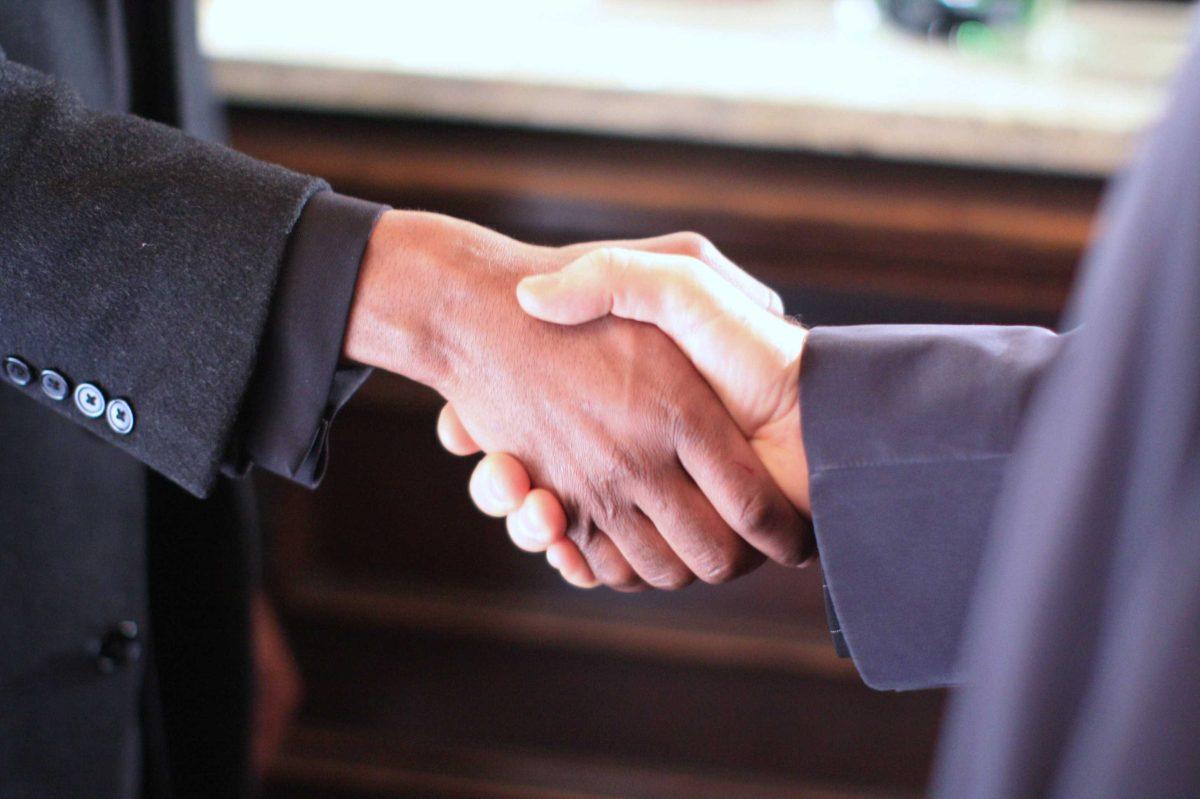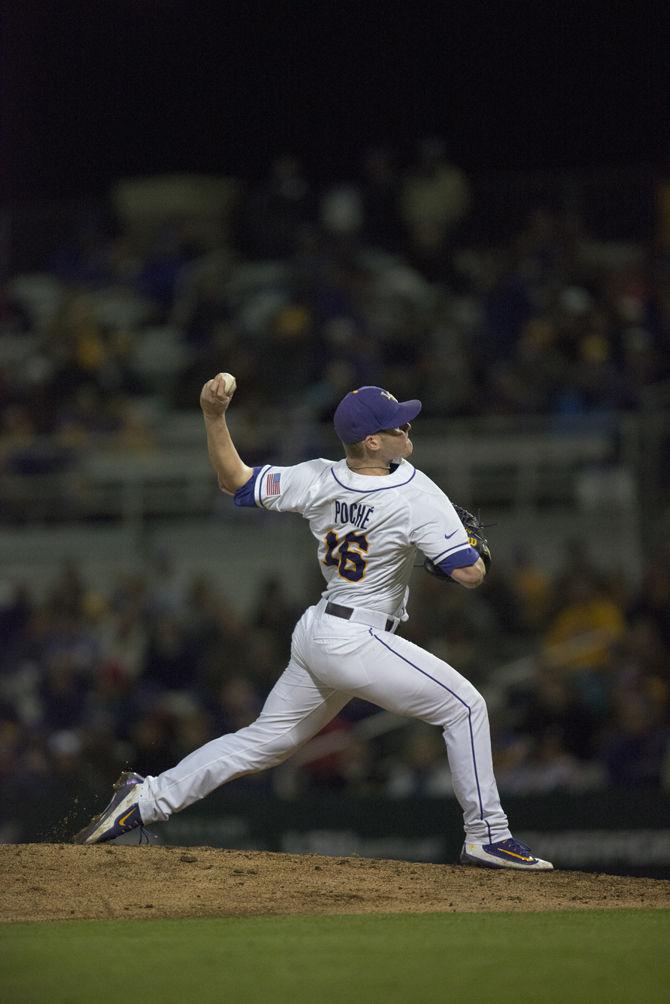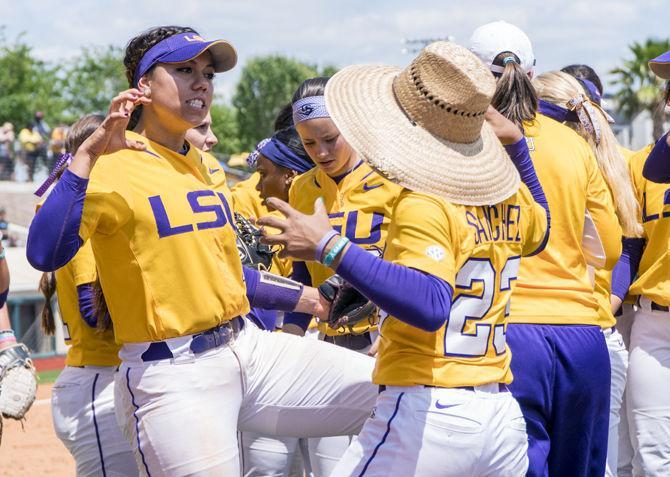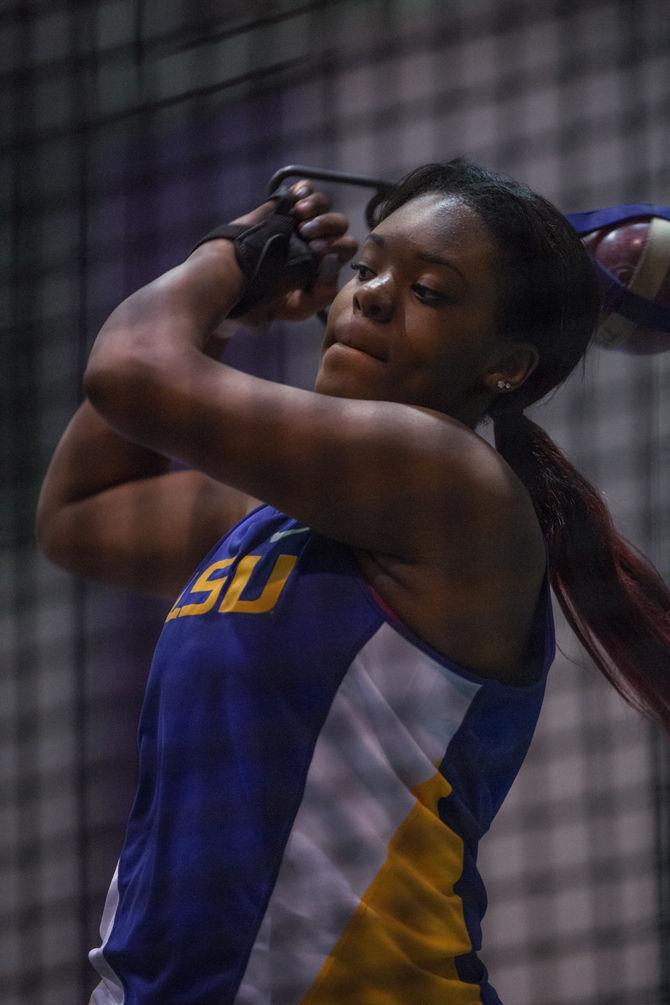For as long as black people have been in the US, the word “n—a” followed them like a bad cold.
Opinions over who can use n—a and in what situations it’s proper to use it are as diverse as the shades of people who call themselves n—as. There’s even debate about whether the word still exists because the NAACP held a funeral for it in 2007.
The word has a negative history that cannot be ignored. However, as time progresses, it’s proper to reconsider old modes of thinking. The use of the word n—a falls into that category.
The word n—a, when used properly, has many possible meanings. It can be a synonym for friend, an exclamatory yelp at the end of a long day and can play a role in breaking down racial barriers.
Amongst a group of friends, especially African-Americans, shouting out “my n—as” is the easiest and most effective way to communicate. The connection established when one black male is able to call out another, use a word that once caused such harm and turn it around on its face is extraordinary.
Outside of using it intra-racially, there is a space for the word to be used amongst other races.
Understanding the difference between words spoken in malice and those spoken in good will is an important skill for all to learn.
Hearing two white males call each other “n—a” should not incite rage in African-Americans. Instead, it should be understood as the logical evolution of the English language and its intertwining with new racial politics.
Millennials have grown up in a time where the empty spaces in the clean versions of rap songs can usually be taken for some type of cuss word or the use of the n-word. There are not many millennial white people whom, in the privacy of their homes or cars, do not use n—a when singing along. For the most part, these people do not call black people n—-r as a derogatory term or pray for the return of slavery.
Interracial friend groups have reached the point where the use of the n-word does not cause strife and ill-feelings. However, if a problem does arise, blacks and whites should feel comfortable openly discussing issues of race, societal inequalities and work through their issues without feeling crouched in one corner with no way to make amends.
Using the n-word does not automatically make one a racist or imply one does not understand the displeasure some in one’s own community may find with how casually and frequently the n-word is thrown around. If this nation is ever to fully come to terms with its racist past, there must be a space for people to experiment and find new ways for everyone to finally figure out how blacks and whites can exist equally.
So, what’s up my n—-as?
Garrett Hines is a 21-year-old political science senior from Monroe, Louisiana. You can reach him on Twitter @garrettH_TDR.
OPINION: Modern culture pacifies use of n-word, term of endearment acceptable for all
By Garrett Hines- The Daily Reveille
September 9, 2015
More to Discover











